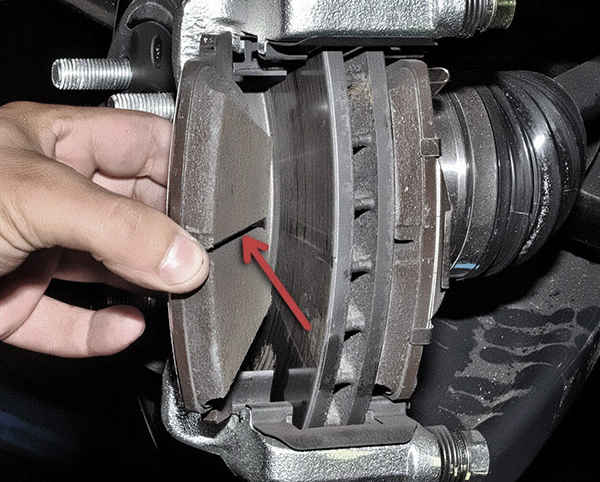Why Do My Brakes Squeak After New Pads and Rotors?
After investing in new brake pads and rotors for your vehicle, it can be frustrating to hear that dreaded squeaking sound. While fresh brakes should ideally provide smooth and silent stops, there are several reasons why they might squeak initially.
Understanding these factors can help you troubleshoot and address the issue effectively.

Causes of Brake Squeak:
Pad Material Compatibility
Some brake pad materials are more prone to squeaking than others, especially when paired with certain rotor types. For instance, semi-metallic brake pads can be noisier than ceramic pads.
Example: If you switched from ceramic to semi-metallic pads, the change in material might result in squeaking until they settle.
Rotor Surface Condition
Uneven or rough rotor surfaces can cause brake squeaking. Imperfections on the rotor can create vibrations that manifest as squeaks during braking.
Example: If the new rotors were not properly machined or smoothed before installation, they may produce noise until they wear down to a smoother surface.
Brake Pad Shims or Hardware
Missing or improperly installed brake pad shims or hardware can lead to squeaking. These components are crucial for maintaining proper alignment and reducing noise.
Example: If a brake pad shim is not installed correctly, it could cause the pad to vibrate against the caliper, resulting in squeaking.
Brake Dust and Debris
The buildup of brake dust, dirt, or debris between the brake pads and rotors can lead to friction and noise when braking.
Example: If the brake components weren’t adequately cleaned during installation, the presence of debris may result in squeaking until it gradually wears away.
Facts

Break-In Period: New brake pads and rotors often require a break-in period to properly seat and conform to each other. During this period, some noise is normal and should diminish over time.
Environmental Factors: Weather conditions and environmental factors can affect brake performance and noise. For example, high humidity or rainy conditions may exacerbate brake squeaking.
DIY Installation: Improper installation, especially by inexperienced individuals, can contribute to brake noise issues. Following manufacturer recommendations and seeking professional help if needed can prevent such issues.
By addressing these potential causes, you can troubleshoot brake squeaking after installing new pads and rotors, ensuring safer and quieter braking performance for your vehicle.












